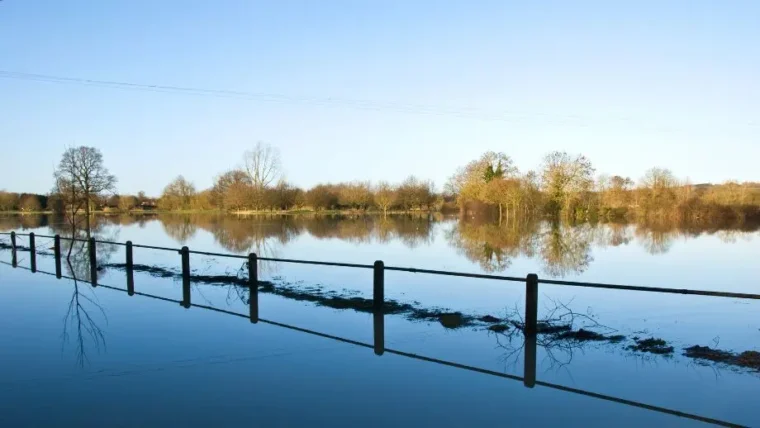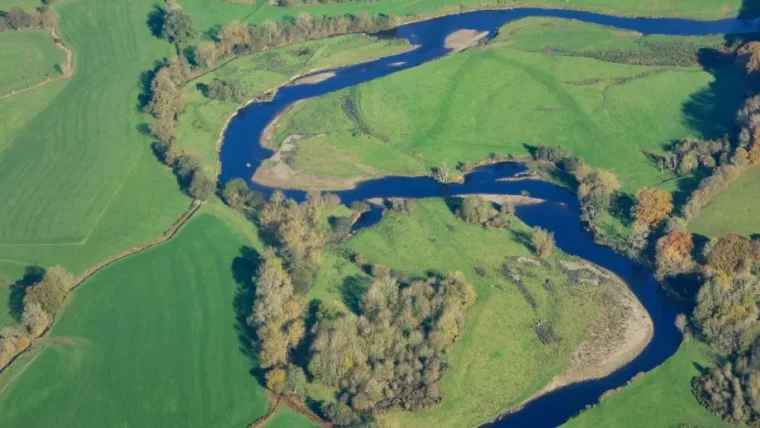What do I need to know about Environmental Due Diligence?
5 August 2015
Business owners and investors are increasingly focusing on Environmental Due Diligence (EDD), but what does EDD actually mean and why is it important?
What is EDD?
Due diligence is relevant in all areas of business and is used to identify your liabilities. Some of these may be obvious, while others can be hidden. There are a number of examples of purchasers and funders who have had to pay unforeseen costs due to unrecognised liabilities that have been inherited via a purchase. An EDD assessment will identify the current conditions of a business or site and determine any liabilities or non-compliance that you may inherit through an acquisition. This gives you an excellent way to understand the current environmental performance of a potential investment and its associated environmental risks and be prepared for anything you may need to deal with as part of the purchase. This blog will give you an idea of how an EDD audit would work, what outcomes you should expect and why it is important to have an audit done if you are looking at business or land purchase.
How does an EDD audit work?
An audit will usually start out with meetings with key personnel within the organisation, progressing to a site tour and inspection. For organisations with multiple sites, a representative sample will be audited while taking into account location and on site activities. Following that, a review of key documentation and data will take place to give an overall picture of the potential investments environmental situation. Audits obviously vary depending on the size of the organisation, current and historical activities and sometimes on the industry in which the organisation operates. There common, obvious concerns that will be looked at in every audit such as land, air and water emissions, environmental permitting concerns, waste management, oil and chemical storage and statutory nuisances in addition to any site or organisation specific concerns.
What will an EDD report show me?
Following your audit, a report will be prepared. The report will give you a good idea of what is happening in a business or on a site by evaluating the current environmental risks or any legal non-conformities. It will focus on three broad areas; legal compliance, barriers to growth and a determination of clean up liabilities and costs. This will include any land or water contamination and any impending or required permitting requirements. If any pollution has been identified, your report will conclude with an estimation of any clean up required to return the land to its original state.
What do I need to do with my EDD report?
The EDD report will show up any potential problems and some of them may need to be dealt with soon. Thanks to The Environmental Damage (Prevention and Remediation) Regulations, the ‘polluter pays’ principle is set out in the law. Its purpose is to prevent and repair any environmental damage caused by industrial activities, regardless of the size of the company. Many are unaware that when purchasing a new business or land, you may inherit existing environmental issues, illegalities and clean up liabilities. For example, a commercial property may be polluting the local environment. Once a purchase has gone through, if this pollution is discovered and the original polluter cannot be found or it cannot be proven that a previous occupier caused the pollution, the current owner or occupier, in this case the purchaser will be liable. These costs can vary widely but will likely include clean up and remediation of any damage. As another example, you could purchase a business that requires an Environmental Permit (see our previous blog here) but has historically been operating without one. Upon purchase, you wouldn’t know that a permit is required and would therefore be operating illegally. This means you are liable for fines but even if you are not prosecuted, you would still need to apply for an Environmental Permit which is costly and time consuming and, if not granted, you will need to cease or significantly change your operations.
Is EDD a necessary expense?
Environmental matters are becoming increasingly important and are being more heavily regulated with stricter laws and regulations and more severe penalties for breaching the requirements. This poses a risk for organisations, especially if you’re not aware of your requirements. An EDD is a way of being more aware of your risks so they can be managed as part of your wider business strategy. EDD is also often requested by financial institutions, lenders and stakeholders, so they can be sure their investment is viable. While being aware of your risks means you need to mitigate against them, which can be costly, prosecution, fines and the devaluing of your investment could well be even more so.









